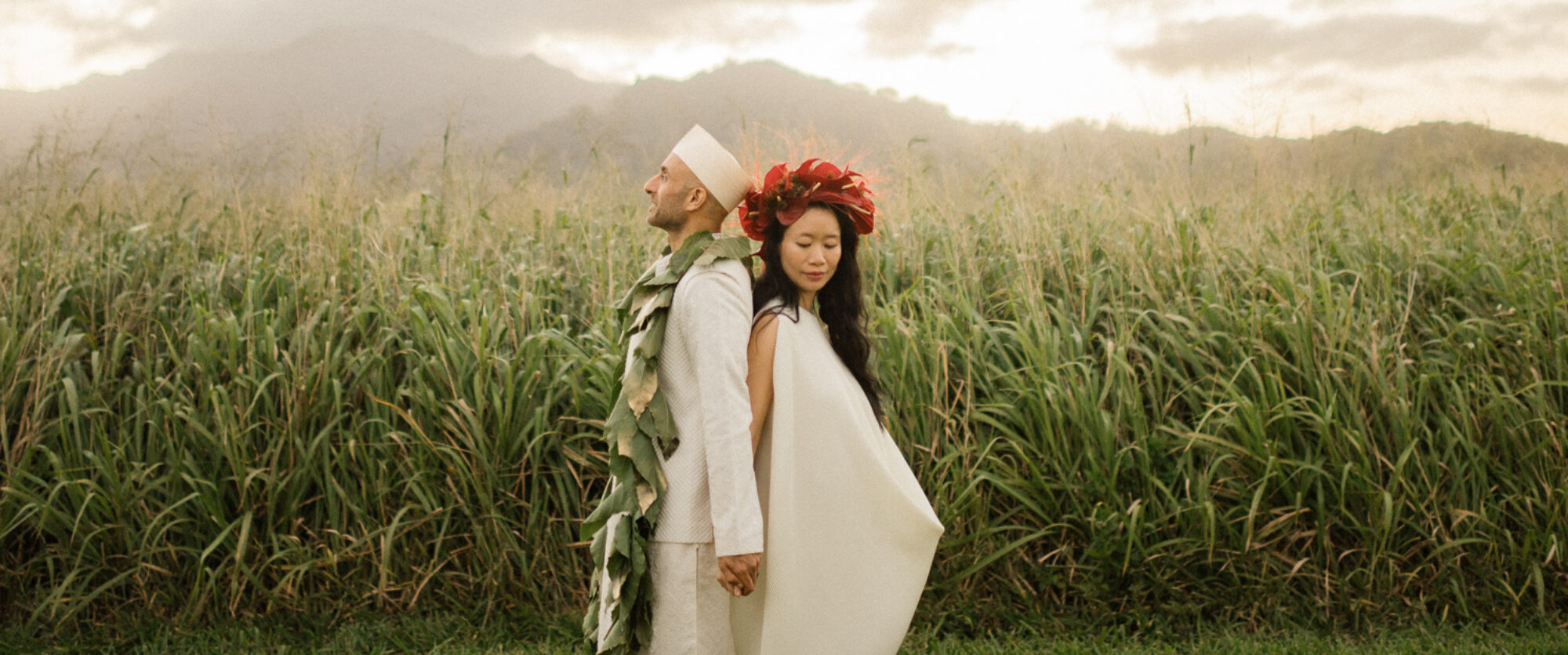The “need to work” has to do with responsibility. As a kid, my only responsibility was not getting too sticky from all the candy I ate, and my work habits reflected this. As an adult, I’m responsible for myself and my family, but I don’t have a bunch of bloodsucking kids yet and my work habits reflect this: I don’t do any work I don’t enjoy; if something pooped its pants in my presence, leaping into work mode is the last thing I’d consider.
If I view my responsibilities as only including myself and my family, then the amount of “work I need to do” is small, especially since almost everything I want money for is either relatively cheap or really expensive. The first time I realized this, it felt great! I felt like I had arrived. I could watch movies all the time and have my “work” be shopping and exercise so that upon my high school reunion everyone dies of jealousy when they see how my hotness has only increased with time.
Ages ago when I graduated from MIT and told Junot Diaz about my uncertainty for the future, he shook his head and smiled, “You have nothing to worry about.” Since he’s super into the apocalypse and the injustice of inequality, I interpreted this as an allusion to our living in an illusory first world ivory tower, but now I think he also referred to how big my safety net is, especially considering the marketability of my degree. Working a white collar job was the default mode for me, not like North Korean prisoners for whom bathing means waiting for weather warm enough to allow standing in the rain. Working on Wall Street is beyond their greatest dreams, whereas for me it’s a backup plan. A poor person in another country takes a risk by experimenting with fertilizers, and if it doesn’t work out his family starves to death. If I take a risk that doesn’t work out, I’ll just feel embarrassed and delete some old blog entires. There’s no comparison.
I’m not sure when I realized my relative lack of responsibility was an illusion. Maybe it was from hanging out with altruistic friends or reading HPMOR that got me feeling it was a mistake and a sin to only claim responsibility for my own comfort and curiosity. Maybe it was when I saw Wall-E wherein through technology the humans have achieved a state of, “Well, I could do this forever: eat, grow fat, watch tv.” We laugh at the obese humans who can’t even stand up, but we are actually at that state now in our wonderful, first world, welfare society, incapable of starving to death no matter how much we lie around. Are we going to live like those hapless humans or are we going to exhume the Earth?
How can I go shopping and movie hopping all day if I’m responsible for my species? When I mentally tested expanding the scope of responsibility beyond my personal welfare to include my fellow man, my first reaction was to groan, “Oh no.” Because the instant you have that thought experiment, the amount of work we need to accomplish balloons up monstrously. If I’m responsible for more than myself, then the “need to work” morphs into a dauntingly huge problem with a totally different scope. Being responsible for another individual could include cooking meals for them or paying their rent, but you can’t take care of a whole species through chores or even money. To scale, we need to do bigger things, invent stuff, use our imaginations. I never cook and I’m still figuring out how to take responsibility for my family. How do I take responsibility for my species? This is the question I’ve been thinking about. What do you work on when you need to work for your species?
A while ago, I realized it’s mathematically irrational for people who can afford to take big risks to not take them, and who’s better positioned to take risks than us? Furthermore, if you claim responsibility for your whole species, it’s not just irrational to not take a risk- it’s irresponsible and morally wrong. Unambitious ambitions are false to my identity and potential: our ambitions have to match our abilities, and most people are not reaching high enough- because of fear, laziness, lack of imagination, etc, which is wrong. It’s like the Dalai Llama or someone wise was saying: if we have greater will and intelligence than flies, but we live the same as a fly lives, then the fly is more true and honest than we are. I have a duty to myself to monotonically increase in awesomeness, and I have a duty to mankind to do good in the world. From this perspective, there’s no end to the work I need to do. Which is sort of annoying and scary, but also fun and exciting! Just as we have a duty to pursue personal excellence, we have a responsibility to live up to our potential as a species. We humans could live off the land like flies, but we build structures and satellites because otherwise intelligent dolphins and alien civilizations would laugh at us.
So here’s the question that Elon Musk caused me to ask: What do you think are the biggest challenges and opportunities facing mankind? This question has led to many awesome discussions, so think about it. The only catch is that after you think about it, the follow up question is, “What are you doing to contribute to a solution?” If the answer is, “Nothing,” then we have to ask, “Why are we choosing to work on something we don’t consider important?” So watch out: a question can change everything.









